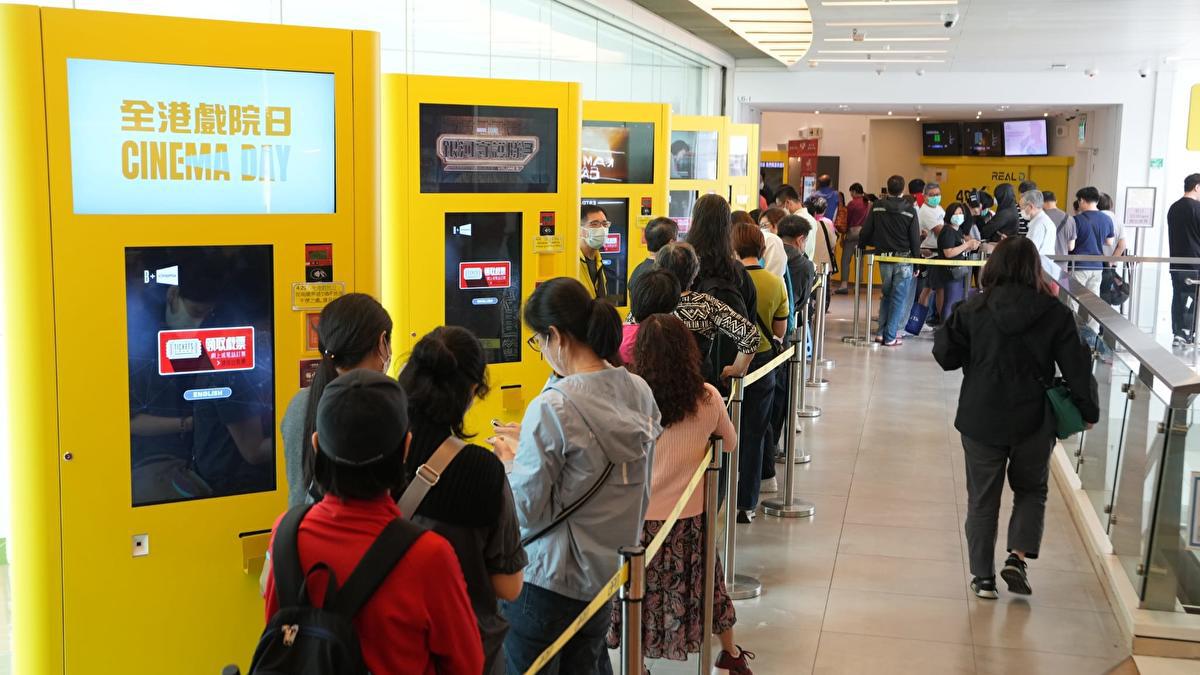Rewriting cinema history
New technologies are shaping the world and the lives of many. The movie industry is no exception. Industry insiders tells Wu Kunling that movie theaters, as a medium for filmmaking, will continue to exist, though in a less-mainstream way.


A shifting Gen Z
"Imagine paying nearly the same price to enjoy a wider array of films, unconstrained by their production era or origin, and without being bound by the duration or place to watch them," says Wang.
The movie enthusiast sees no problem with cinemas themselves. Having lived in the United States and Chinese mainland, Hong Kong and Taiwan, he still finds watching movies in Hong Kong cinemas "excellent". Audiences appreciate them, combined with a quiet, comfortable environment, state-of-the-art screens and sound effects that help create an immersive experience that fosters a deep engagement with the narrative.
Wang calls watching movies in theaters a "sincere tribute to the cinematic art", and prefers the cinema for works by his favorite directors and actors, timeless classics in 4K reprints, or indie films from festivals.
However, for regular screenings or casual gatherings with friends, home viewing remains his first choice and has become a trend among his peers.
Wang observes the gradual erosion of attention spans due to short videos and social media, highlighting the abundance of online content claiming to condense the length of movies and books into minutes. This trend points to dwindling tolerance for longer forms of media among viewers, making it increasingly hard for them to maintain focus during a two-hour movie.
In this regard, streaming services offer flexibility in line with people's evolving viewing habits. Wang admits that pausing for some snacks or a coffee break in between movies is a plus with the convenience of streaming services.
He believes that watching movies may soon extend beyond traditional theaters and even digital platforms, envisioning tools like virtual reality or extended reality to revolutionize the art form. "With society advancing rapidly, the movie-watching experience cannot linger in its current state indefinitely."



































